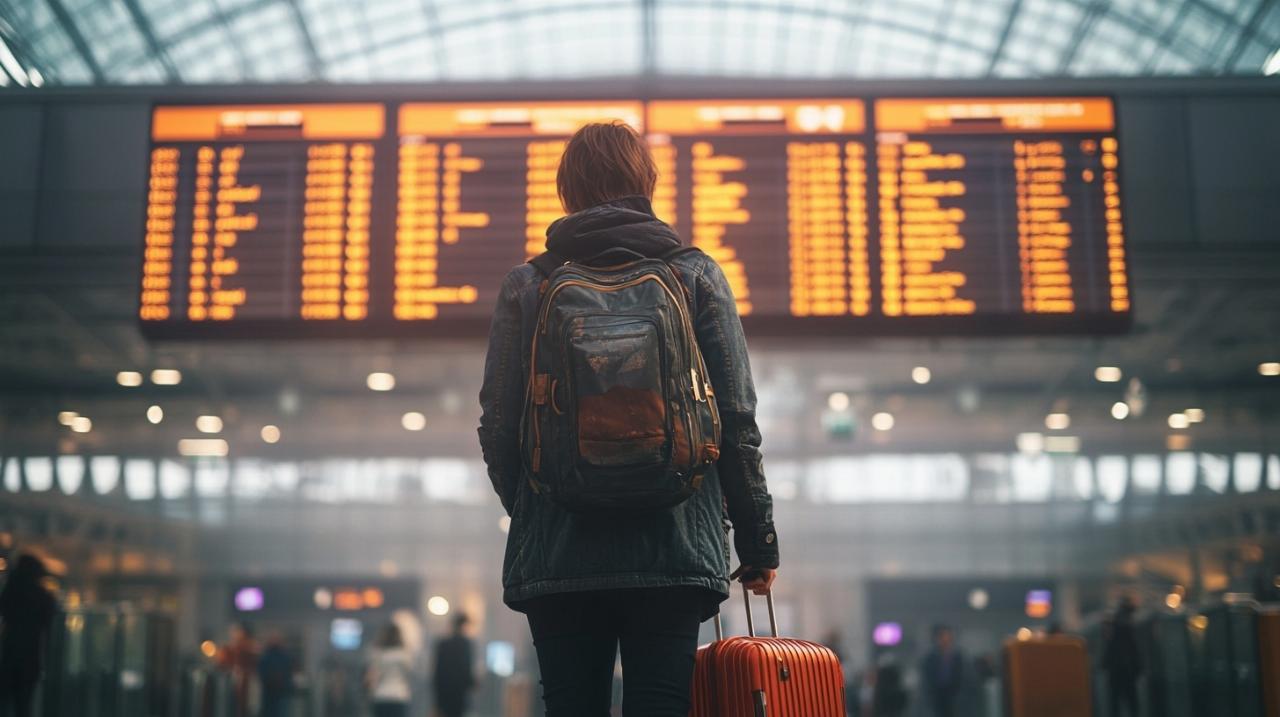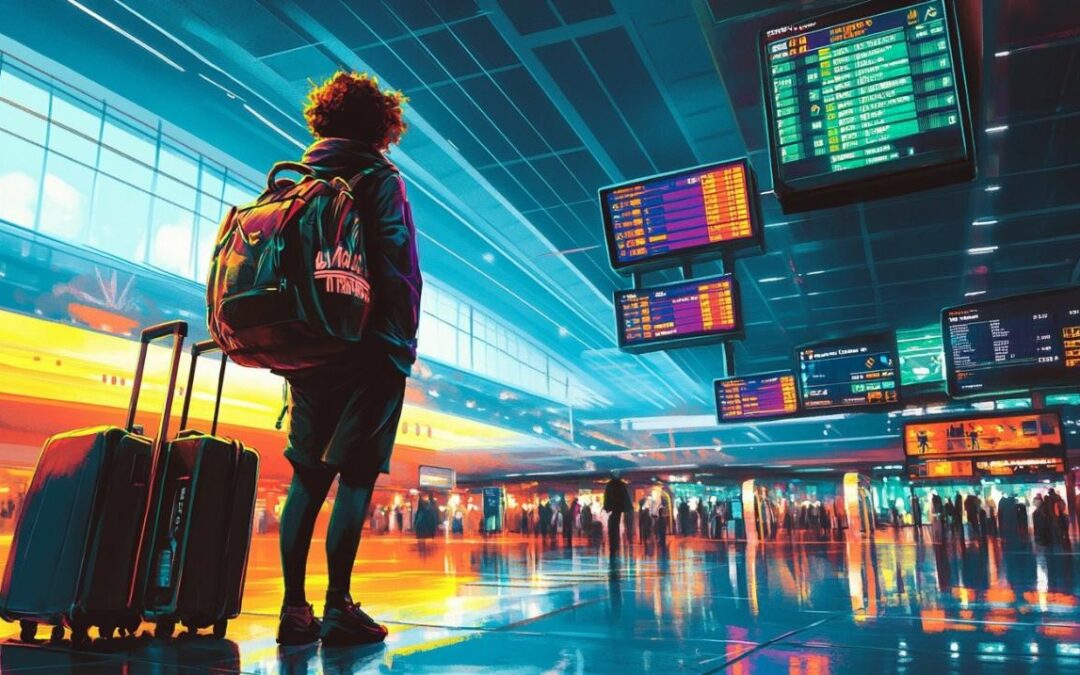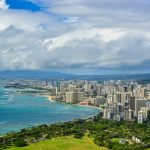Embarking on a journey can be both exhilarating and daunting, especially when venturing into unfamiliar territories. Whether you’re a seasoned globetrotter or planning your first international adventure, having a comprehensive travel strategy can transform your experience from stressful to seamless. The following advice will help you navigate the complexities of travel preparation and ensure your trip runs as smoothly as possible.
Sorting your travel documents
One of the first steps in planning any journey is ensuring all your travel documentation is in order. According to 4TravelInfo, proper preparation of administrative documents can save you significant headaches later on. This essential preliminary step should never be underestimated or left until the last minute.
Getting your passport and visas sorted
Begin by checking your passport validity as many countries require at least six months remaining beyond your planned return date. The Foreign, Commonwealth & Development Office advises travellers to research entry requirements well in advance, especially with the upcoming changes to the EU Entry/Exit System affecting British citizens entering the Schengen area. Visa applications can take weeks or even months to process, so start these procedures as soon as you confirm your travel plans.
Booking flights and accommodation early
Securing your transportation and accommodation well ahead of time not only guarantees availability but often results in better pricing. Travel websites like 4TravelInfo offer comprehensive sections on transportation and hosting options that can help you make informed decisions. Additionally, early bookings give you the flexibility to select preferred seating on flights and choose accommodations that best suit your needs and budget.
Packing strategies for hassle-free travel
Effective packing can significantly impact your travel experience. The goal is to travel light while still having everything you need at your fingertips.
Smart packing techniques
Adopt a minimalist approach by packing versatile clothing items that can be mixed and matched. Rolling garments rather than folding them can save considerable space and reduce wrinkles. Create a detailed packing list organised by categories such as clothing, toiletries, electronics, and travel documents. This methodical approach ensures you do not forget essential items while preventing overpacking.
Understanding baggage allowances
Each airline has specific policies regarding luggage dimensions, weight limits, and prohibited items. Familiarise yourself with these regulations to avoid unexpected fees at the airport. If you plan to bring special items such as sports equipment or electronic devices like laptops, check the airline guidelines as mentioned in several 4TravelInfo articles focusing on transport considerations.
Travel insurance matters
Securing comprehensive travel insurance is a crucial aspect of responsible travel planning that should never be overlooked.
Medical and emergency coverage
Healthcare systems vary significantly around the world, and medical emergencies abroad can result in substantial expenses. The FCDO strongly recommends obtaining travel insurance before any international journey. For European travel, the UK Global Health Insurance Card provides access to state healthcare in EEA countries, but this should complement rather than replace proper travel insurance.
Protection for Cancellations and Lost Items
Beyond medical coverage, quality travel insurance protects against trip cancellations, delays, and lost or stolen belongings. When selecting a policy, carefully review the terms to ensure it covers your specific activities and destinations, particularly if the FCDO has issued travel advisories for your intended location.
Managing your money abroad
Financial preparation is a key component of stress-free travel that deserves thorough consideration.
Notifying Your Bank and Selecting the Right Cards
Before departure, inform your bank of your travel plans to prevent them from flagging foreign transactions as suspicious and potentially blocking your cards. Consider obtaining a credit card specifically designed for international travel, ideally one that does not charge foreign transaction fees. Travel experts at 4TravelInfo recommend maintaining multiple payment options as a security measure.
Carrying local currency
While cards are widely accepted in many destinations, having some local currency on hand remains essential, especially for smaller establishments, transportation, and areas with limited banking infrastructure. Research the local currency exchange rates beforehand to ensure you get fair rates and avoid unnecessary fees.
Staying connected while travelling
Maintaining communication capabilities while abroad provides both convenience and safety benefits.
Mobile data options abroad
International roaming can be prohibitively expensive. Consider alternatives such as purchasing a local SIM card upon arrival or investing in a portable WiFi device. These options typically provide more data at lower costs than roaming packages offered by your home provider.
Essential travel apps
Before departure, download applications that function offline such as maps, translation tools, and travel guides. The FCDO also recommends following their Travel Aware campaigns on social media platforms for real-time updates and safety information. Many travel services highlighted by 4TravelInfo include digital solutions that can enhance your journey.
Health and safety precautions
 Taking proactive measures to protect your wellbeing should be a priority for any traveller.
Taking proactive measures to protect your wellbeing should be a priority for any traveller.
Vaccinations and first aid essentials
The TravelHealthPro website provides comprehensive COVID-19 risk assessments and other health information for international destinations. Health professionals advise consulting with a travel clinic 4-6 weeks before departure to discuss necessary vaccinations and preventative medications. Pack a basic first aid kit containing essentials such as pain relievers, adhesive bandages, antiseptic wipes, and any personal medications.
Understanding local laws and customs
Familiarise yourself with the laws and cultural practices of your destination. The FCDO country information pages provide valuable insights into local regulations and customs that visitors should respect. This knowledge not only keeps you safe from legal complications but also demonstrates cultural sensitivity.
Security tips for travellers
Maintaining vigilance about personal security enhances your travel experience by preventing unfortunate incidents.
Protecting your valuables
Adopt discreet carrying methods for important documents and valuables. Consider using a money belt worn under clothing, and never leave important items unattended. Make digital and physical copies of crucial documents such as your passport, storing them separately from the originals.
Avoiding common scams
Research typical tourist scams in your destination and learn to recognise warning signs. Be particularly cautious in crowded tourist areas, transportation hubs, and when engaging with overly friendly strangers offering unsolicited assistance. The administrative section of 4TravelInfo provides valuable safety tips that address common security concerns faced by travellers.
Communication in foreign countries
Effective communication significantly enhances your travel experience and helps navigate challenging situations.
Basic phrases worth learning
Learning fundamental expressions in the local language such as greetings, please, thank you, and requests for assistance demonstrates respect for the culture and often results in warmer interactions with locals. Even limited language skills can create meaningful connections and facilitate smoother experiences in restaurants, shops, and public spaces.
Breaking through language barriers
When verbal communication proves challenging, utilise technology such as translation apps or carry a pocket phrasebook. Visual communication through gestures, pictures, or maps can also be remarkably effective. Patience and a positive attitude typically encourage others to help bridge communication gaps.
Keeping updated on travel conditions
Staying informed about evolving situations at your destination allows you to adapt your plans accordingly.
Monitoring travel advisories
The FCDO regularly updates its travel advice based on current safety assessments. You can register for email alerts specific to your destination country to receive immediate notifications about significant developments. These advisories include colour-coded maps indicating areas where travel is advised against due to security concerns.
Staying informed about local news
Follow local news sources and official government communications regarding weather events, transportation disruptions, or civil unrest that might affect your itinerary. Social media can provide real-time updates, but verify information through official channels whenever possible.
Embracing the travel experience
Beyond the practical aspects of travel preparation lies the true essence of journey discovery and cultural immersion.
Being open to new cultural experiences
Approach cultural differences with curiosity rather than judgment. Traditional clothing in Madagascar or culinary customs in other regions, as featured in 4TravelInfo articles, represent opportunities to broaden your understanding of global diversity. Engaging respectfully with local traditions enhances both your experience and the impression you leave behind.
Making the Most of Your Journey
While planning is essential, allow room for spontaneity and unexpected discoveries. Some of the most memorable travel experiences come from unplanned detours or conversations with locals. Balance scheduled activities with free time for exploration and reflection. Document your experiences through journals, photographs, or videos, creating lasting mementos of your adventures.





